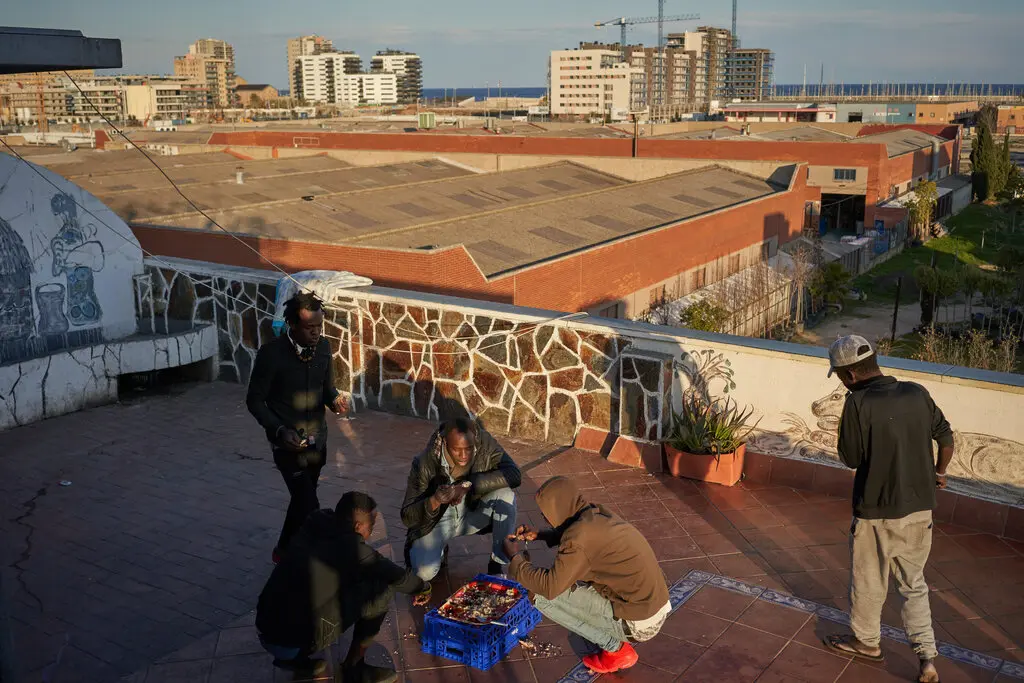Spain is moving forward with a plan that could give legal papers to around 500,000 migrants who arrived before 31 December 2024. The government is now talking with political groups in parliament to create a new rule that would offer these migrants the chance to get residence and work permits. The goal is to fix the problems in the current immigration system and help migrants who are still living without documents.
This new plan is also expected to help Spain’s tourism and hospitality industry. With more legal workers, hotels, restaurants, and travel services could hire more people legally and with better job security. Giving migrants legal status would help them stay longer and contribute to the economy, while also improving Spain’s image as a fair and welcoming place.
Spain’s decision to regularise migrants could also influence other countries that are struggling with similar labor shortages. If the plan works, other nations might look to Spain as a good example of how to balance migration rules with human rights and economic needs. It could also help reduce dangerous border crossings by showing migrants that legal routes are possible.
The idea to regularise migrants began with a public proposal signed by over 600,000 people in April 2024. All parties in parliament, except Vox, supported the idea. Now, the government is working on the final details of a special rule for migrants who came before the end of 2024. To qualify, migrants must not have a criminal record and must prove they have lived in Spain or are in a vulnerable situation.
This plan builds on a larger immigration law called the Reglamento de Extranjería, approved in November 2024. It updated Spain’s immigration system to match the needs of the labor market. It made it easier for migrants to apply for legal status under five main categories, including work, family, and social connections. The law also made it faster for migrants to settle by cutting the waiting time for local integration from three years to two.
While many people praised the government’s actions, some groups raised concerns. NGOs said the rules might still leave asylum seekers in legal limbo for up to two years. They also pointed out that new rules could make it harder for young migrants, especially minors, to become legal residents. Spain’s ombudsman warned that thousands of minors could end up without legal status due to stricter requirements.
The regularisation plan is expected to bring big benefits to Spain’s economy, especially in tourism. Many jobs in this field are done by migrants, and having more legal workers could make the industry stronger and more stable. It could also support growth in smaller towns and rural areas where more workers are needed. Including migrants in local businesses and tourism projects would help communities and promote cultural exchange.
Even though the plan looks promising, it still faces some challenges. There is still political debate, and the process might be slow. Support systems must be put in place to help migrants with paperwork and legal advice. The government also needs to make sure that young people and asylum seekers are not left behind. If the plan is handled well, it could be a major step for both Spain’s migrant community and its tourism future.

